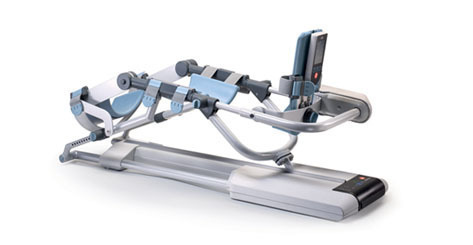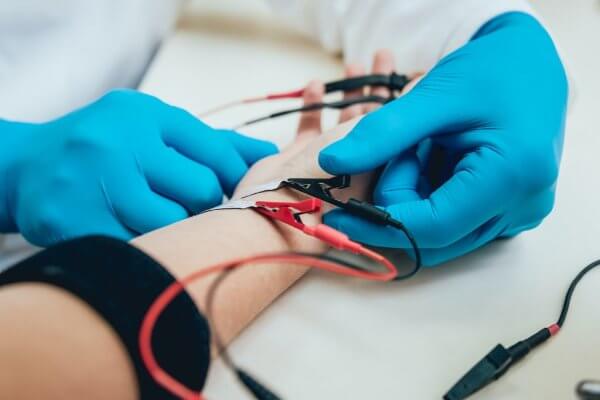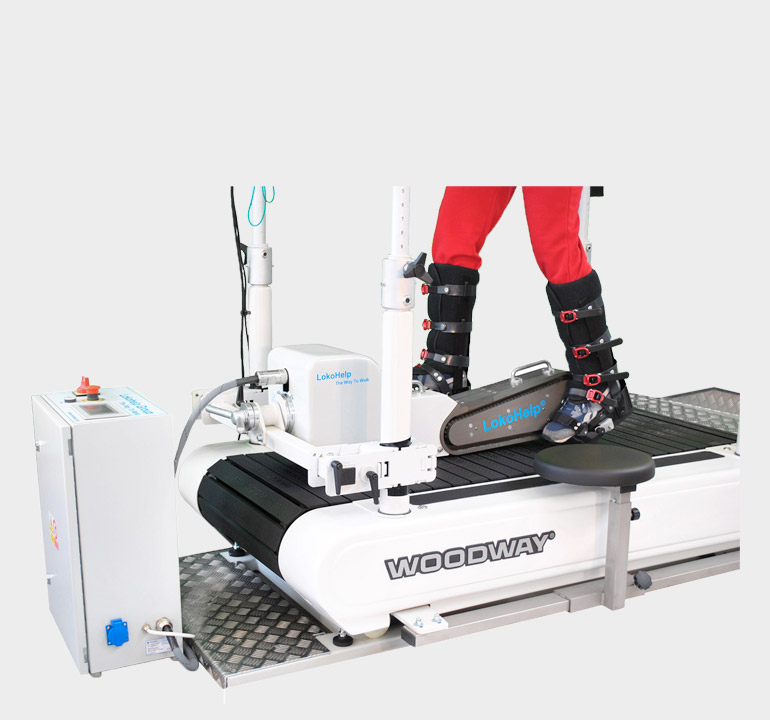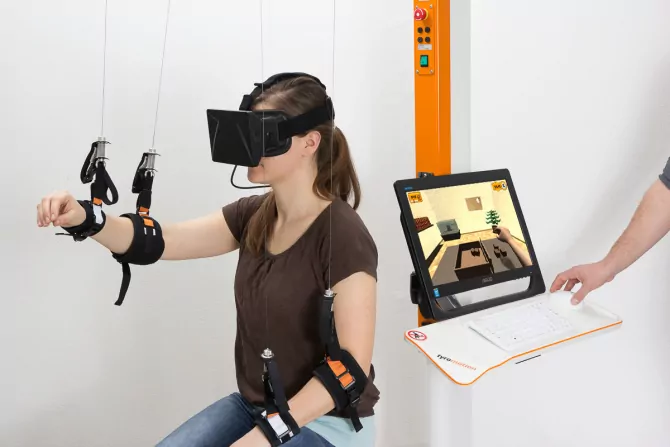- Our Doctors
- Our Specialities
Centres of Excellence
-
 Centre for Blood Diseases, BMT & Cancer Immunotherapy
Centre for Blood Diseases, BMT & Cancer Immunotherapy -
 Centre for Bone, Joint & Spine
Centre for Bone, Joint & Spine -
 Centre for Critical Care Medicine and ECMO Services
Centre for Critical Care Medicine and ECMO Services -
 Centre for Gastrosciences
Centre for Gastrosciences -
 Centre for Heart & Vascular Care
Centre for Heart & Vascular Care -
 Centre for Nephro-Urosciences
Centre for Nephro-Urosciences -
 Centre for Neurosciences
Centre for Neurosciences -
 Centre for Obstetrics and Gynaecology
Centre for Obstetrics and Gynaecology -
 Centre for Organ Transplantation
Centre for Organ Transplantation
Super Speciality
-
 Advanced Diagnostic and Interventional Radiology
Advanced Diagnostic and Interventional Radiology -
 Anesthesiology & Pain Management
Anesthesiology & Pain Management -
 Clinical Nutrition and Dietetics
Clinical Nutrition and Dietetics -
 Dental and Maxillofacial Surgery
Dental and Maxillofacial Surgery -
 Dermatology
Dermatology -
 Emergency and Trauma
Emergency and Trauma -
 Endocrinology and Metabolic Disease
Endocrinology and Metabolic Disease -
 ENT and Head & Neck Surgery
ENT and Head & Neck Surgery -
 Family Medicine
Family Medicine -
 General and Laparoscopic Surgery
General and Laparoscopic Surgery -
 General Medicine
General Medicine -
 Laboratory Medicine
Laboratory Medicine
-
- Key Procedures
- Our Hospitals
- International Patient
- Contact us
-
Quick Links

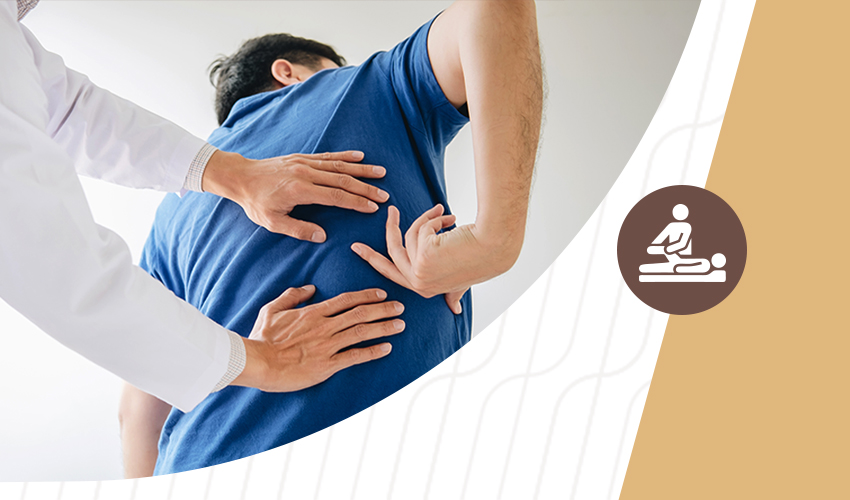
Physical Medicine and Rehabilitation
The Department of Physical Medicine and Rehabilitation at Meitra Hospital helps restore movement and function to people disabled by disease or injury. Our PM&R physicians or physiatrists, diagnose and manage a variety of diseases affecting the brain, spinal cord, nerves and musculoskeletal system. The department works closely with multiple specialties to to help patients affected by injury, illness or disability restore their health and improve functionality through medication, pain management, therapeutic exercise, orthotics, manual therapy and education.
Based on their needs, patients benefit from innovative rehabilitative strategies provided by an integrated faculty with access to sophisticated equipment and diagnostic resources, making the center one of the best Physical Medicine and Rehabilitation units in the city.
Our highly skilled team at the Physical Medicine and Rehabilitation Department at Meitra Hospital consists of highly skilled physiatrists leading a team of physiotherapists, speech therapists, and occupational therapists, who work in coordination with other experts from other departments to develop specific treatment and rehabilitative goals at the outset. With our personalized treatment plans, we aim at restoring health and functionality at ease, assuring a quick recovery and improved quality of life.
Meitra Introduces Robotic Gait Trainer | Dr. Noufal Ali
Advanced Technology
With modern medical technologies, we are leading the way in intelligent and innovative medicine.
Frequently Asked Questions
What are the conditions that require rehabilitation?
There are many reasons why a person may need care related to rehabilitation medicine.
For example:
Injuries and trauma, such as:
- Burns
- Limb loss or amputation
- Fractures, including multiple fractures to the long bones in the limbs and fractures of the hip, spine, or skullTraumatic brain injury (TBI) or concussion (mild TBI)
- Spinal cord injury
- Loss of sight or hearing
Diseases and conditions that can cause loss of mobility function, such as:
- Muscular dystrophy
- Spina bifida
- Cerebral palsy
- Arthritis
- Scoliosis or curvature of the spine
- Damage to muscles, ligaments, tendons, or cartilage
- Knee arthroplasty/replacement
- Hip replacement
- Stroke
- Multiple sclerosis
- Parkinson’s disease and related degenerative disorders
Surgery or prolonged treatment for other diseases or illnesses that can cause loss of function, such as:
- Chronic pain/neuropathy
- Severe infection
- Diabetes
- Cancers (including chemo- and radiation therapies)
- Peripheral artery disease
- Cardiac arrest
What are Ultrasound guided interventional procedures?
Ultrasound has become an indispensable tool for image guidance of interventional procedures within the Musculoskeletal system. Such procedures conducted by a physiatrist are:
Regenerative Injections (Platelet Rich Plasma) for Knee Osteoarthritis, Pain management for the shoulder and back, Botulinum Toxin Injection for tightness (Spasticity), and so forth.
Who is a physiatrist?
Physical Medicine and Rehabilitation (PM&R) physicians, also known as physiatrists, treat a wide variety of medical conditions affecting the brain, spinal cord, nerves, bones, joints, ligaments, muscles, and tendons.
PM&R physicians are medical doctors who have completed training in the specialty of Physical Medicine and Rehabilitation (PM&R), and may be subspecialty certified in Brain Injury Medicine, Hospice and Palliative Medicine, Neuromuscular Medicine, Pain Medicine, Pediatric Rehabilitation Medicine, Spinal Cord Injury Medicine, and/or Sports Medicine.

 +91 9393 108 108
+91 9393 108 108








































